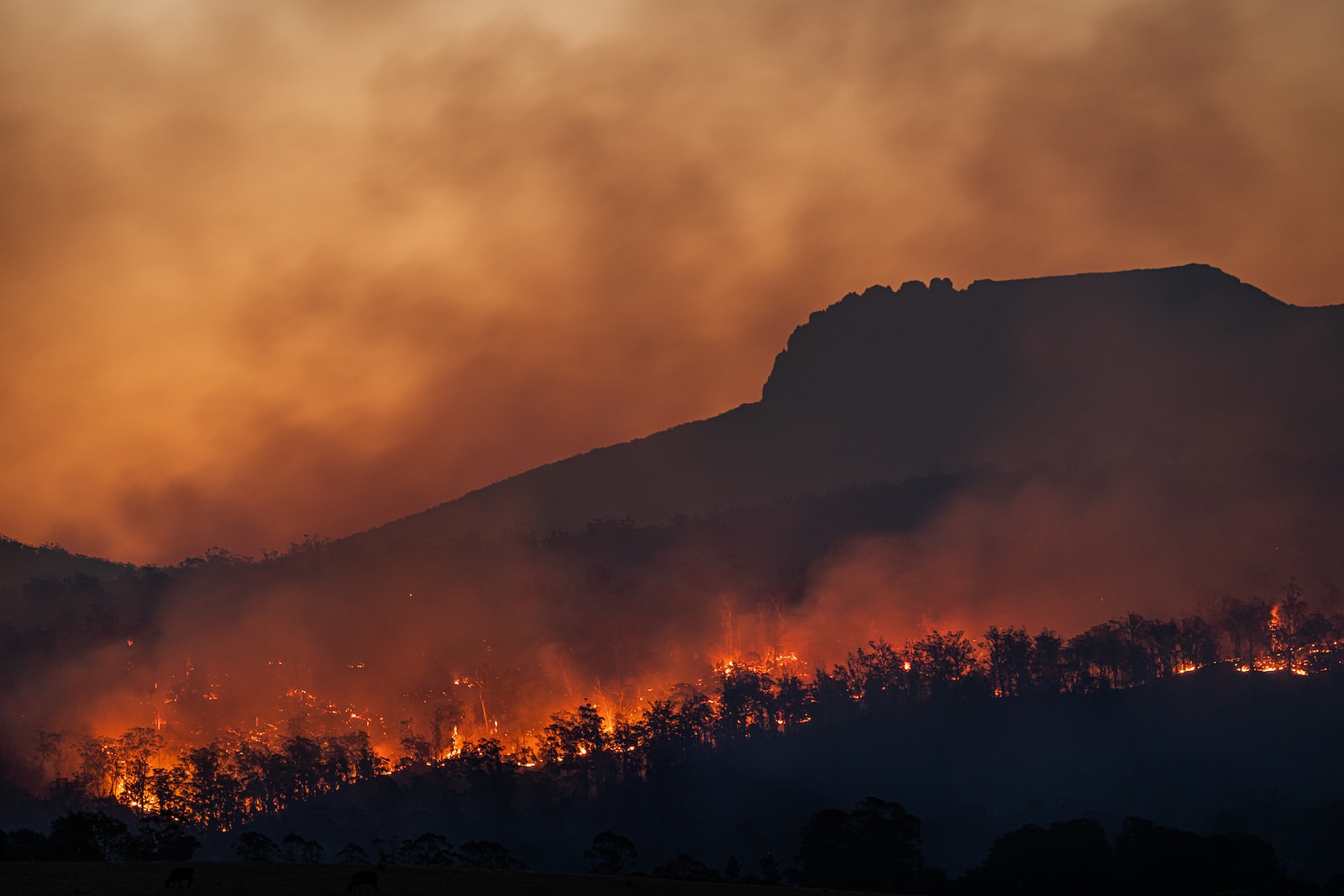Table of Contents
ToggleIntroduction:
Forests are an essential part of our planet’s ecosystem. They provide a home to millions of species, regulate the Earth’s climate, and protect against soil erosion. However, forests around the world are under threat due to human activities, and one of the most significant threats is forest fires. The rise in forest fires in recent years has caused widespread destruction and loss of life. In this article, we will explore the devastating effects of forest fires and ways to prevent them.
What Causes Forest Fires?
Before delving into the effects of forest fires, it’s essential to understand what causes them. Forest fires are generally caused by a combination of factors, including lightning strikes, human activities, and natural phenomena such as droughts. However, the majority of forest fires are caused by human activities, such as campfires, cigarettes, fireworks, and arson.
Effects of Forest Fires:
- Environmental Effects
Forest fires have severe environmental effects. They destroy habitats for wildlife, disrupt the balance of ecosystems, and release vast amounts of carbon dioxide into the atmosphere, contributing to global warming. Forest fires also cause soil erosion, which can lead to landslides and flooding. The loss of vegetation can also affect water quality and quantity, as trees help regulate the water cycle.
- Economic Effects
Forest fires have significant economic consequences. They destroy homes, businesses, and infrastructure, resulting in billions of dollars in damages. The loss of forest resources, such as timber and non-timber products, can also have a significant impact on the economy. In addition, forest fires can cause job losses in the forestry and tourism industries.
- Health Effects
Forest fires can also have severe health effects. The smoke from forest fires contains harmful pollutants, such as carbon monoxide and particulate matter, which can cause respiratory problems and exacerbate existing health conditions. The smoke can also cause eye irritation and headaches.
Preventing Forest Fires:
Preventing forest fires is crucial to protecting our environment, economy, and health. Here are some ways to prevent forest fires:
- Education and Awareness
Education and awareness are critical in preventing forest fires. It’s essential to educate people about the causes of forest fires and how to prevent them. This includes educating people about the dangers of campfires, cigarettes, and fireworks, as well as the importance of reporting fires immediately.
- Fire Prevention Measures
Fire prevention measures can also help prevent forest fires. These measures include creating fire breaks, clearing debris from around homes and buildings, and regulating outdoor burning. In addition, forest management practices, such as prescribed burns, can reduce the risk of catastrophic wildfires.
- Technology
Technology can also play a role in preventing forest fires. For example, satellite imagery and remote sensing can detect fires early, allowing for a quicker response. Drones can also be used to survey areas and identify potential fire hazards.
Conclusion:
Forest fires have devastating effects on our environment, economy, and health. Preventing forest fires requires education, awareness, fire prevention measures, and technology. By working together, we can protect our forests and prevent the devastating effects of forest fires.







